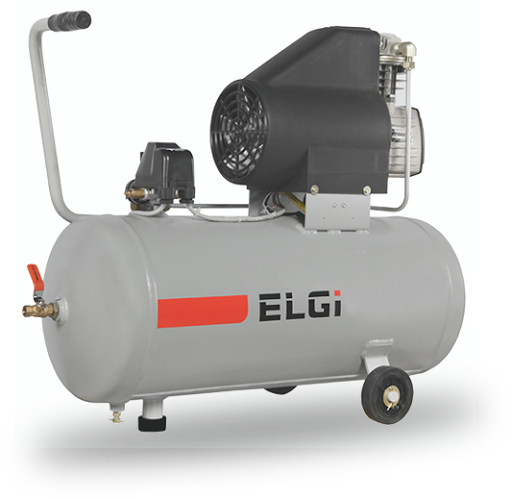
The correct oil capacity and maintenance practices heavily influence the performance and longevity of your ELGi screw air compressors. Maintaining the right oil level ensures optimal operation, reduces wear and tear, and extends the service life of the compressor. Let’s know how to check the oil capacity, why it’s essential, and how to maintain the ideal oil levels for your ELGi screw air compressor.
Importance of Correct Oil Capacity for Optimal Performance
The oil in your ELGi screw air compressor plays a crucial role in lubricating internal components, cooling the system, and preventing rust and corrosion. Ensuring that your compressor has the correct oil capacity not only optimises performance but also helps avoid costly repairs and downtime.
Where to Find Oil Capacity Information
- User manual: The user manual typically provides the specifications for your specific compressor model.
- Model plate: The model plate on the compressor, usually located on the body of the unit, also provides important technical details, including oil capacity.
- Service chart: Many ELGi air compressor dealers offer a service chart or technical datasheet that includes detailed specifications for different models.
Standard Oil Capacity Range by Model
The oil capacity of ELGi screw air compressors varies depending on the model and its intended use. However, most models fall within a standard range. ELGi EG series has an oil capacity ranging from 7 to 10 litres. On the other hand, ELGi BL series has an oil capacity that might range from 4 to 6 litres for smaller industrial applications. Meanwhile, the ELGi ESM series are larger models designed for strenuous applications that have oil capacities ranging from 12 to 20 litres.
Checking Oil Levels
Many ELGi compressors are equipped with a sight glass window which allows you to visually monitor the oil level. The oil should be within the specified range marked on the sight glass. If the oil level is low, top up with the recommended oil. For models with a dipstick, remove the dipstick, wipe it clean, then reinsert it into the oil fill opening. Remove the dipstick again and check the oil level against the marks indicated on it. If it’s below the recommended level, add oil until the correct level is reached.
Maintenance Tips
- Oil change Intervals: Regular oil changes are essential for maintaining compressor performance. For most ELGi compressors, it’s recommended to change the oil every 1,000 to 2,000 hours of operation depending on the usage conditions.
- Use ELGi recommended oil grades: Opt for the oil grade recommended by ELGi. Using the right oil ensures compatibility with your compressor and enhances its performance.
- Monitor oil quality: Over time, oil can break down and lose its effectiveness. Check for signs of contamination or deterioration such as excessive sludge or changes in colour regularly.
Regular checks and timely oil changes will ensure that your compressor continues to operate smoothly, preventing costly breakdowns and extending its service life. As a trusted ELGi air compressor dealer, VEMC offers a wide range of air compressors and related services. Reach out to our dedicated team of experts on +91 8976951701, +91 9819907445, 022 43117133, or email us at marketing@vemc.co.in for product recommendations, maintenance tips, and more.


